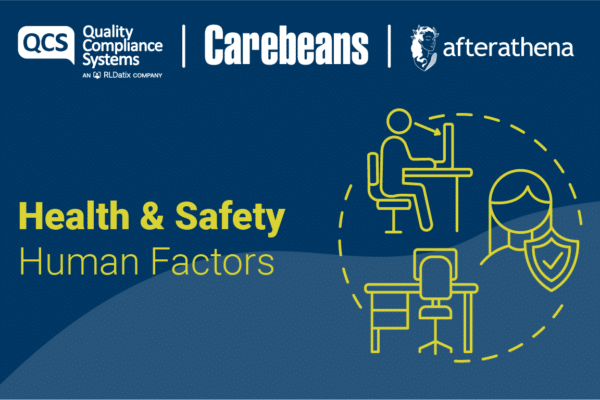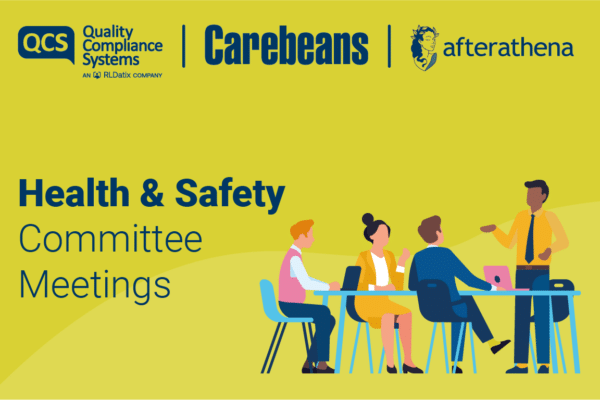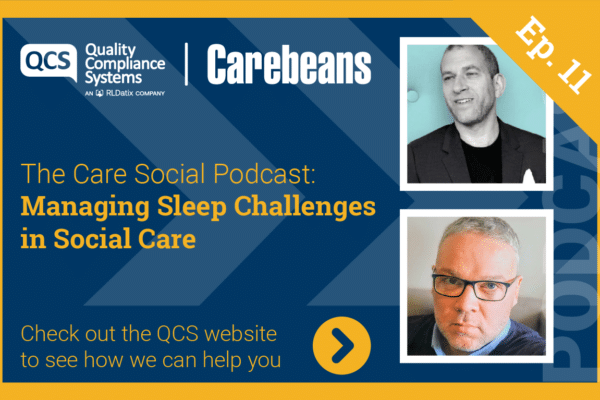
There are still six population groups:
- Older people
- People with long-term conditions
- Families, children and young people
- Working age people (including those recently retired and students)
- People whose circumstances may make them vulnerable
- People experiencing poor mental health
and five key questions CQC will ask about the services provided for those population groups. However they are organised or approached in your practice remain:
Are they:
- Safe
- Effective
- Caring
- Responsive to people’s needs
- Well-led
It is recognised that not all people fit discretely into one group and straddle others but the six should capture everyone in respect of services provided and health outcomes.
The fundamental change to the six groups and the five questions is that, since April 2018, only two of the five key questions are used by the CQC to rate their findings for the six groups:
Are they effective?
Are they responsive?
The ratings given for these two questions are then used to provide an aggregated overall rating for all the population groups. The CQC rating is based on all five key questions with an overall rating for the practice.
This change was made because the CQC found the effective and responsive questions demonstrated the most differences in quality between the six population groups to inspection teams.
In addition, the CQC found that findings for safe, caring and well-led were generally more consistent in respect of each of the population groups as well as for practices as a whole. The CQC believes this change will make it easier to highlight outstanding care and ensure poor care is identified, together with providing a more accurate reflection of the quality of care giving greater transparency for patients and practices, as providers of that care.
On a practical level, however, when the CQC inspect they will ask for evidence to show how your practice meets the needs of the specific population groups. Moreover, the advice on the CQC website is to “consider how your service relates to the six population groups” as “it can help you to identify and give us evidence of good care and meeting patient need” – or in simple terms, take each of the five questions and relate them to the six population groups! Therefore, to be safe and more assured of a good outcome from a CQC inspection, the only change that can really be recommended from a compliance point of view is to make doubly sure your evidence supports the effective and responsive questions while continuing to make sure it also supports the other three.
As for achieving an outstanding overall rating, the CQC is always helpful in providing inspection reports that share good practice and ideas on their website: taking account of the needs of different people and planning services to meet people’s needs.






